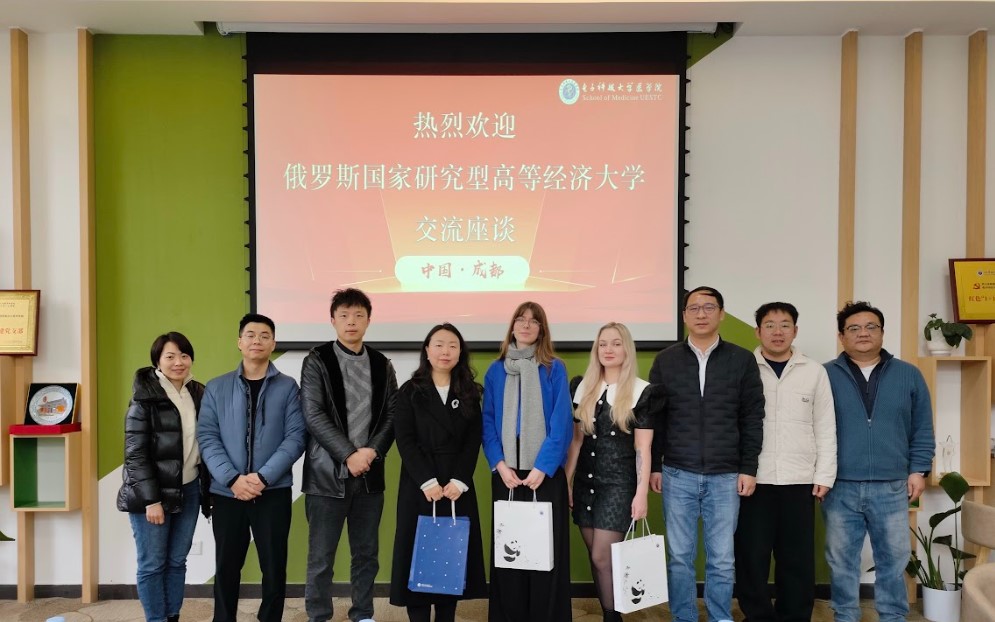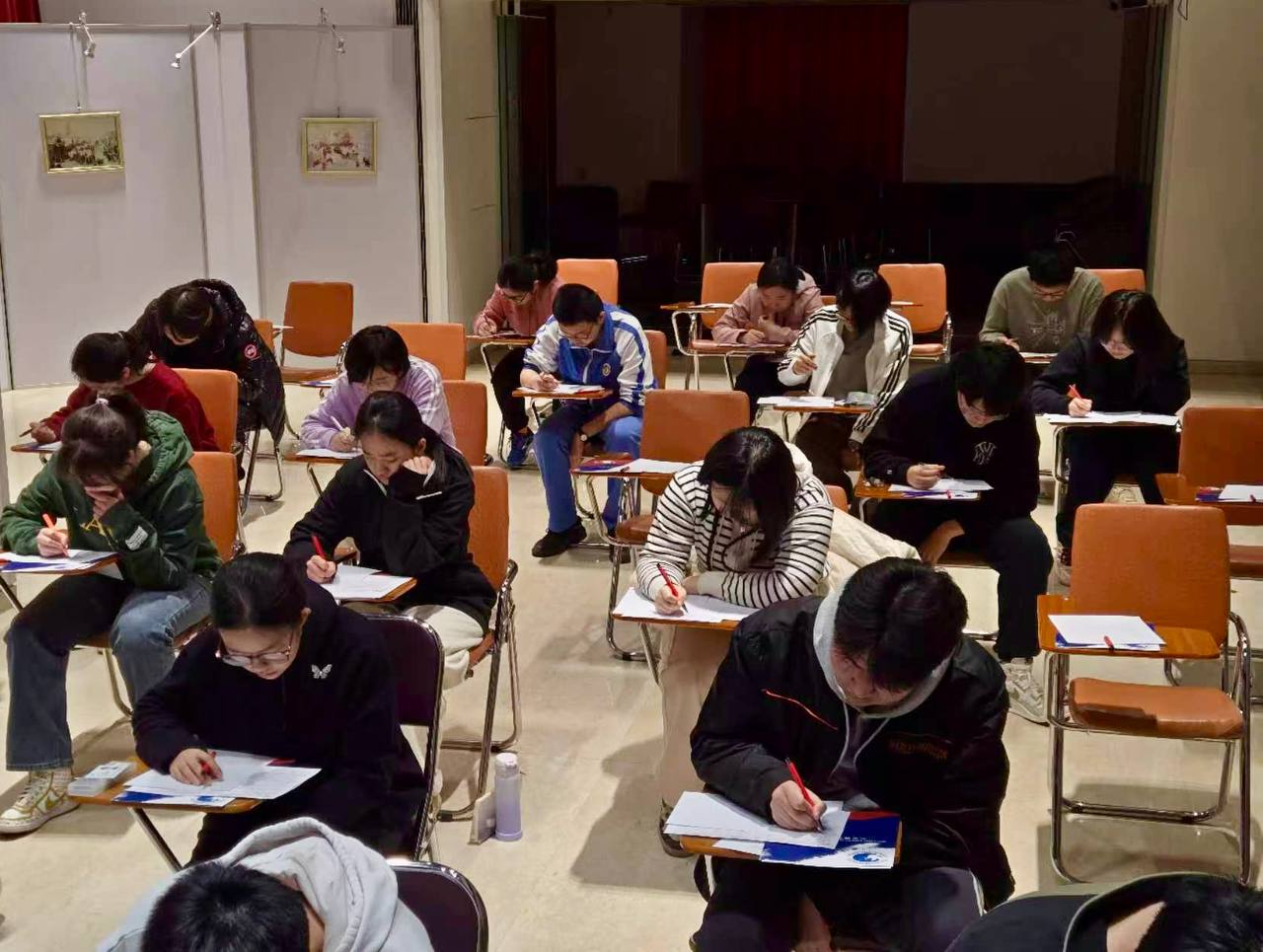‘Looking for Talents’: HSE University Holds Entry Competitions in Three Chinese Cities
In early March, representatives of HSE University-St Petersburg organised a series of entry competitions for applicants from China. The exams were held in three cities—Beijing, Nanjing and Chengdu—at the Russian Cultural Centre (RCC) in Beijing and leading Chinese universities.

About 200 school students tested their knowledge by completing tasks prepared by HSE University. The exams were in three disciplines: mathematics, history, and English. The entrance exams took place at the Russian Cultural Centre in Beijing, the Nanjing University of Information Science and Technology (NUIST) in Nanjing, and the University of Electronic Science and Technology of China (UESTC) in Chengdu.
'We tried to create the most comfortable atmosphere for applicants while abiding by the strict rules of entry competitions. Our goal is to increase the number of Chinese school students who are interested in studying in Russia,' says Ksenia Khramtsovskaya, Leading Specialist at the Centre for International Education, HSE University-St Petersburg
According to the Centre for International Education at HSE University-St Petersburg, the most popular programmes among Chinese applicants are 'Political Science and World Politics', 'Applied Mathematics and Information Science', 'Philology' and programmes related to business and economics.
'Enhancing educational cooperation with China is one of the key priorities in the international strategy of HSE University. We are creating a platform for extensive academic engagement. Such events contribute to the development of academic mobility and the creation of joint research projects and educational programmes with the leading universities of the region,' emphasised Nadezhda Osipova, Manager at the Centre for International Education, HSE University-St Petersburg.
HSE University strives to attract talented applicants from China to the university and enhance its visibility among school students and their parents. During the visit, the HSE University-St Petersburg team not only held exams, but also organised presentations about the advantages of studies at HSE University.
Sinobodo, a partner company of HSE University that has been working in the field of Russian–Chinese education for more than ten years, provided organisational support for the exams.
'Russian higher education is becoming increasingly popular. This is facilitated by the rapprochement between China and Russia and the active development of international economic cooperation between the countries. Recently, Chinese companies working with Russia started to apply a requirement to job seekers—Russian language proficiency. This is an advantage in the labour market,' underscored Pan Tengfei, a representative of Sinobodo. His words were echoed by Tatyana Urzhumtseva, head of Rossotrudnichestvo in the PRC. In her opinion, the most successful applicants in studies and employment are those who have studied Russian before and chosen an education in Russia deliberately. This does not mean that those who don't know Russian will do worse academically at Russian universities—they will just need some extra time to master the language before they can start immersing themselves in subject-specific knowledge.
She emphasised the important role of the Russian Cultural Centre in promoting Russian education. The centre organises specialised exhibitions and forums together with Chinese partners, provides consulting support to universities, and actively promotes them on Chinese social networks. The RCC regularly holds presentations of Russian universities, subject olympiads, and other educational events.
'This year, in addition to a portfolio competition, we held entry competitions in the form of tests for bachelor's applicants. This will help us to assess applicants' level of study more objectively. We believe that this way, we will be able to attract more talented students,' highlighted the head of Rossotrudnichestvo in the PRC.

Cooperation with leading Chinese universities and participation in large events and exhibitions help HSE University enhance its position in the educational services market. For instance, in October 2024, employees of HSE University-St Petersburg took part in a travelling exhibition and visited educational institutions in five Chinese cities, and in November, representatives of the university took part in China Education Expo-Beijing 2024.
'We hope that Russian education will occupy a strong position in the educational services market in China. In turn, Chinese education will also become more available to Russian students. The countries will continue developing joint programmes and building joint universities, research centres, and laboratories not only in China, but also in Russia,' concluded Tatyana Urzhumtseva.

